In ObjC, try/catch do not handle exceptions particularly gracefully. You will still leak memory and leave the system in an undefined state. With rare exception, the expectation is that you are simply catching so you can log some things before crashing. And in general, you should not use @catch anywhere but at the top level of your program for this purpose. There are some extraordinary situations where limited use of exceptions may be appropriate, but they are rare in ObjC. See the Exception Programming Guide for some more information. See especially the following from the ObjC ARC documentation:
The standard Cocoa convention is that exceptions signal programmer error and are not intended to be recovered from. Making code exceptions-safe by default would impose severe runtime and code size penalties on code that typically does not actually care about exceptions safety. Therefore, ARC-generated code leaks by default on exceptions, which is just fine if the process is going to be immediately terminated anyway. Programs which do care about recovering from exceptions should enable the option [-fobjc-arc-exceptions, which imposes speed and memory penalties on your program].
The same is true of EXC_BAD_ACCESS. You can catch it with a signal handler for the purpose of recording some information and then finishing your crash. For a good tool for doing this see PLCrashReporter. It is very difficult to write such a handler correctly, so I strongly recommend using an existing framework. You can easily get into deadlocks that drain the user's battery if you catch EXC_BAD_ACCESS incorrectly.
